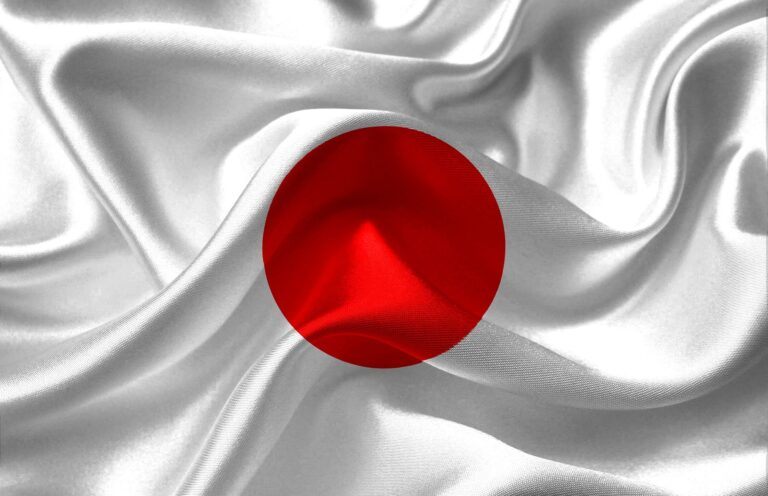After Coincheck was hacked for $530 million worth of NEM tokens in January, the market suffered. People lost faith in the security of crypto exchanges, and the Japanese FSA cracked down even harder on locally based exchanges, even issuing the largest exchange in the world, Binance, a warning that prompted the company to relocate out of Asia entirely.
It seemed like Japan was simply becoming an unsuitable place for exchanges to do business, despite the nation’s booming crypto trade which has led it to become the largest Bitcoin trading market in the world. However, all 16 licensed Japanese exchanges have come together to help restore faith and promote healthy trade practices by setting up a self-regulatory body called the Japanese Cryptocurrency Exchange Association (JCEA).
The body will also be providing advice to the twelve or so unlicensed exchanges in the country. Taizen Okuyama, president, and CEO of forex firm Money Partners and chairman of JCEA, spoke of the importance of nurturing the industry as a whole.
I would like to create a situation where I can give advice to (unlicensed exchanges), the development of the industry as a whole is important.
He said the organisation was working to develop security measures, internal control, and transparency protocols that would “eliminate customers’ concerns and work to restore confidence in order to develop healthy markets”.
The 16 exchanges in the JCEA are Money Partners, QUOINE, bitFlyer, Bit Bank, SBI Virtual Currency, GMO Coin, Bit Trade, BTC Box, BitPoint Japan, DMM Bitcoin, Bit Argo Exchange Tokyo, Bitgate, BITOCEAN, Fiscalo Currency Exchange, Xtheta and Tech BURO.
The JCEA merges two cryptocurrency trade bodies currently in action in Japan, namely the Japan Blockchain Association (JBA) and the Japan Cryptocurrency Business Association (JCBA).









